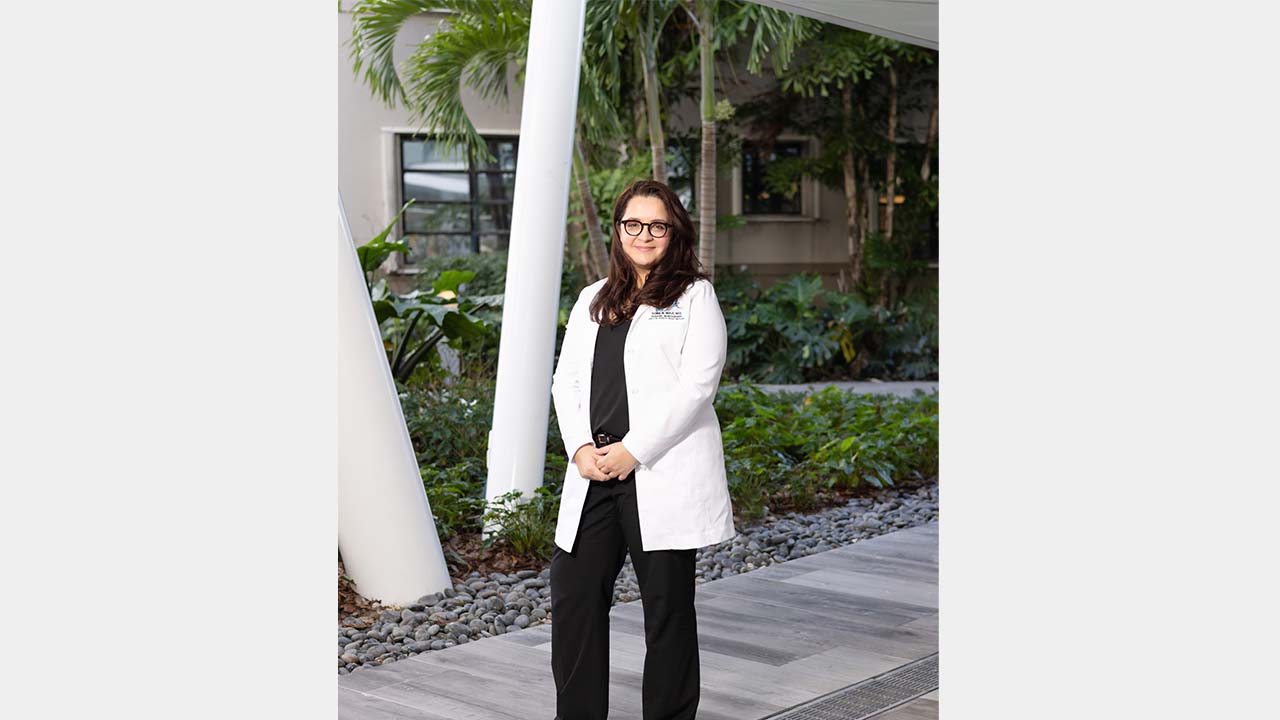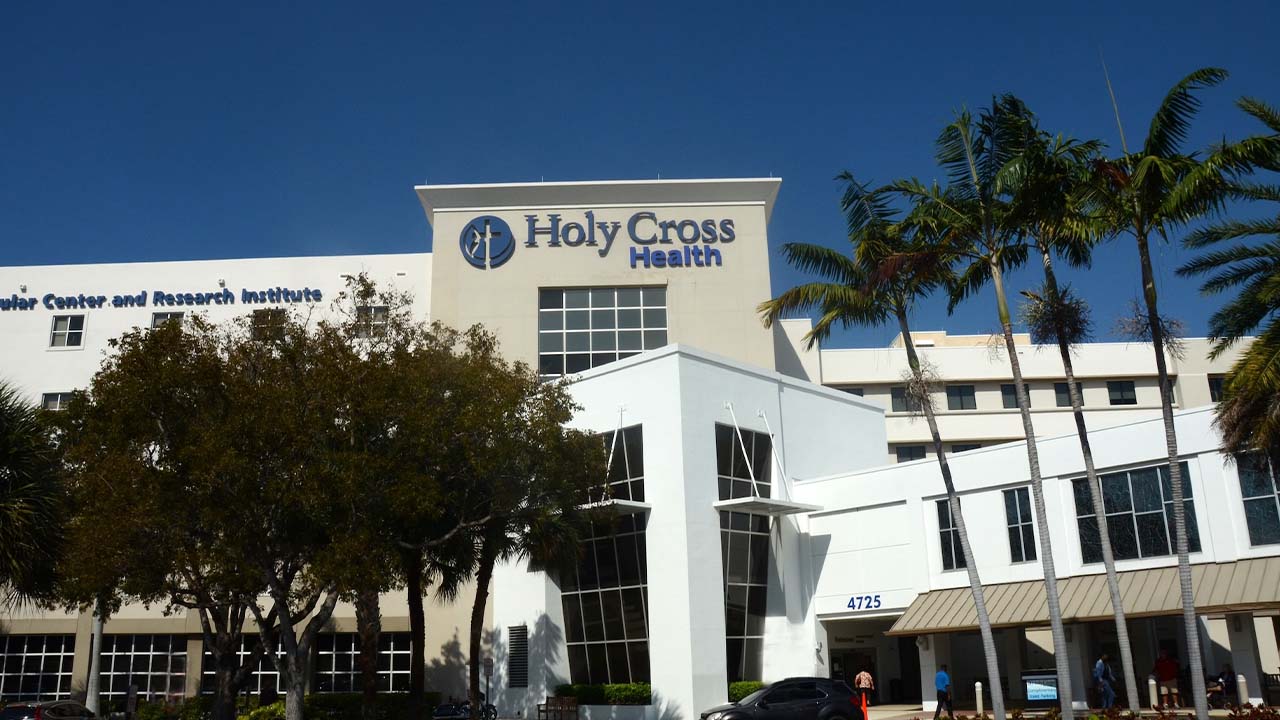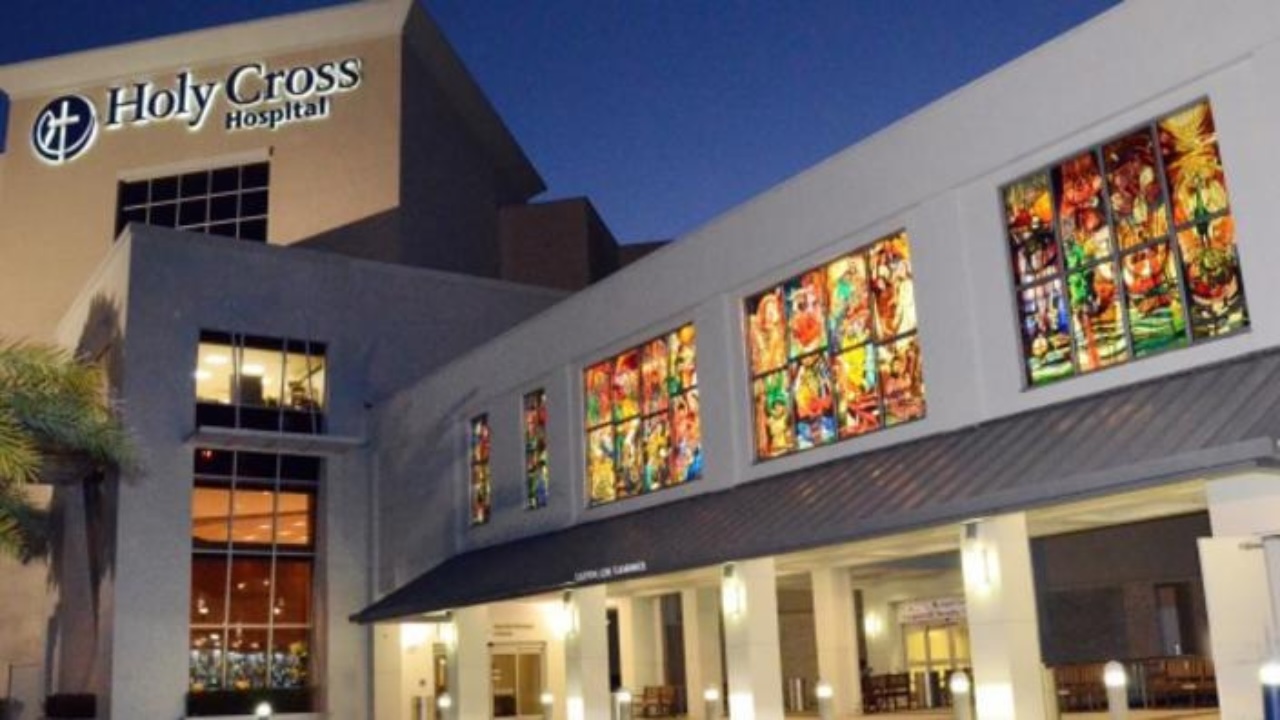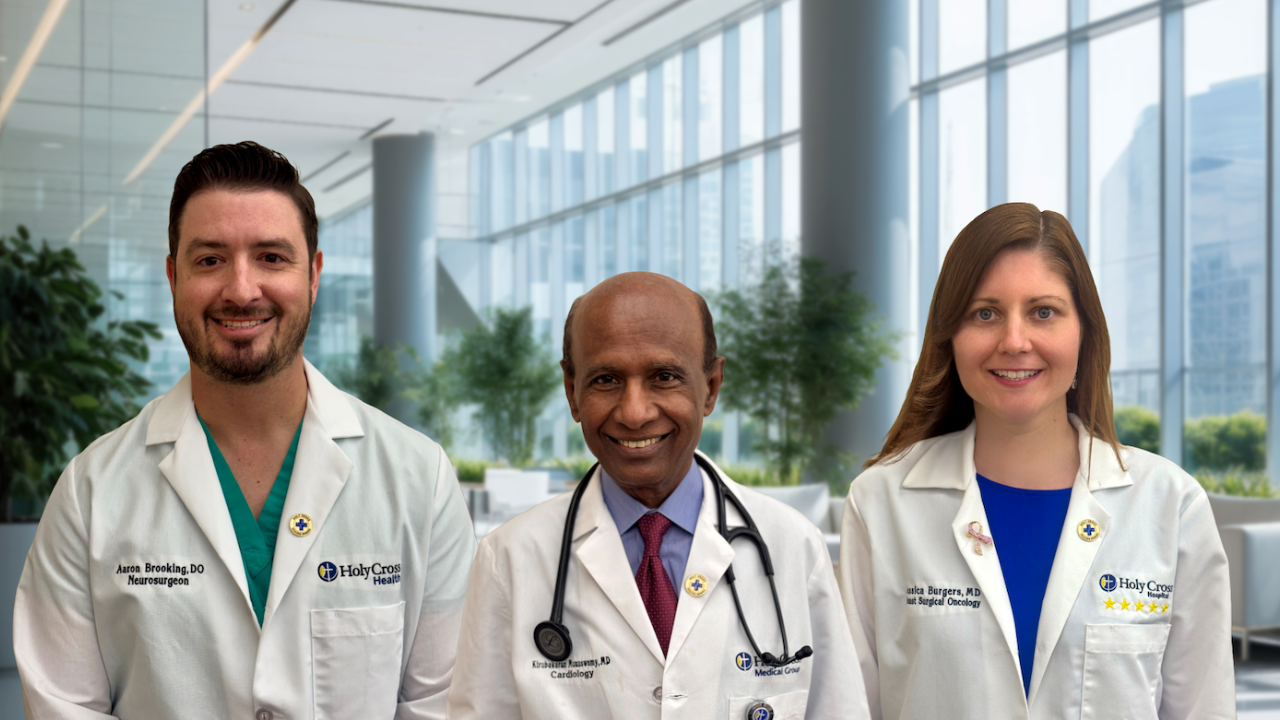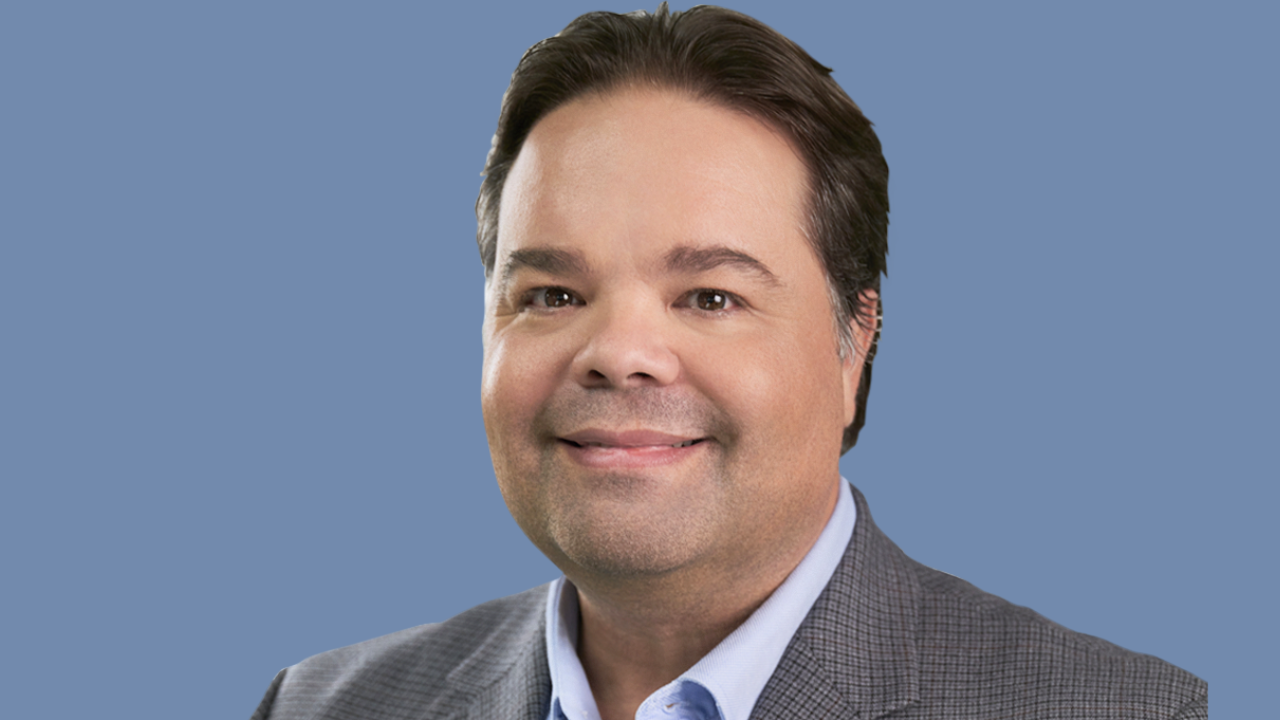Dr. Toba Niazi could practice pediatric surgery almost anywhere: She’s had more than a taste of her specialty in esteemed medical centers all over the country. She went to medical school at the University of Maryland, took her residency at the University of Utah, and notched a fellowship at the University of Washington. Dr. Niazi was on staff at Inova Fairfax Children’s Hospital in Falls Church, Virginia. But in 2013 she landed at Nicklaus Children’s Hospital, and South Florida is all the better for it. Dr. Niazi spoke to SFBW about how she was able to hone in on her specialty so decisively and the challenges and triumphs of her work.
Let’s start with backwards chronology, because I know there’s some big news coming about Nicklaus Children’s Hospital.
We’re getting ready to open a new surgical tower, which is really exciting. It’s dedicated to children. Typically, adult hospitals have one or two rooms dedicated to kids, but in this tower, all the rooms will be dedicated to children. We just did a groundbreaking ceremony. As part of that surgical tower, we’ll have all the latest technology that you can have in order to treat children with complex surgical disorders.
What kind of technologies will be innovative or groundbreaking?
Essentially, all our technology will be new; we already have an intraoperative MRI machine which we’ve had for some time, and we just bought a new microscope. Everything is getting a revamp and we’re getting the latest technology. We recently got a new robot that we use for certain surgeries and neurosurgery, so everything’s getting a refresh.
Can you explain the difference between adult and child neurosurgery expertise?
I think it’s really important that the children of South Florida get the expertise of a pediatric neurosurgeon for all of their needs, and that’s not the case at every hospital—it’s not the case at every county hospital. Sometimes you’ll have the adult neurosurgeons take calls for the pediatric patients and that’s not the case here. So, our commitment is to the children of South Florida is this: We essentially have committed ourselves to saying, if you’re a child in South Florida and you’re in trauma in Miami-Dade, that either takes you to Jackson [Dr. Niazi is also on staff at Jackson Health System] or Nicklaus Children’s, where you’ll always be treated by a pediatric neurosurgeon. Now, to have you understand what that means is that we’re all adult board-certified neurosurgeons, but we do extra training—an extra year of training—to become experts in just pediatric neurosurgery.
You’ve trained in different parts of the country. Where would you say that that South Florida ranks in terms of medical innovation?
You’re right, I have trained all over the country and I think there’s a lot of catching up to do, but we’re headed in the right direction. Believe it or not, I feel like out West is where there’s more innovation. You look at places like Seattle, that’s where the innovation is, with Amazon and Google and Microsoft. Salt Lake City was incredibly advanced. I do think that when I started here, we were definitely behind, but I think we’re catching up. Are we where we need to be? No. But I’m very optimistic about how the trajectory is going.
When did that moment hit you in your training where you knew you wanted to be a pediatric neurosurgeon?
I knew from the get-go that I wanted to devote my career to children and not to adults, which meant I had to get through seven years of adult training before I could commit myself to one year of pediatric and then the remainder of my career. But I knew early on that children are really my passion—and specifically kids with brain tumors. That’s really been my passion: kids with brain and spinal cord tumors. My exact area of interest is the neural oncological perspective.
Is there a certain experience with a child or family that you feel comfortable discussing?
It’s such a privilege to take care of these children because parents have to relinquish complete control to a neurosurgeon who clearly has a lot of training, but the parents have just met you; you’re a stranger. To be able to take a child who’s exceedingly sick and not able to talk or walk and then be able to do a procedure, an operation on them and then to have them wake up and ask for juice, which is what this young girl just did … at that moment, you say gosh, because of all of these sleepless nights that we’ve spent in training—you’ve just helped someone’s child live. That’s a huge privilege that we have as neurosurgeons.
Portrait by Brett Hufziger


